The Alarming Rot In UI Students’ Unionism
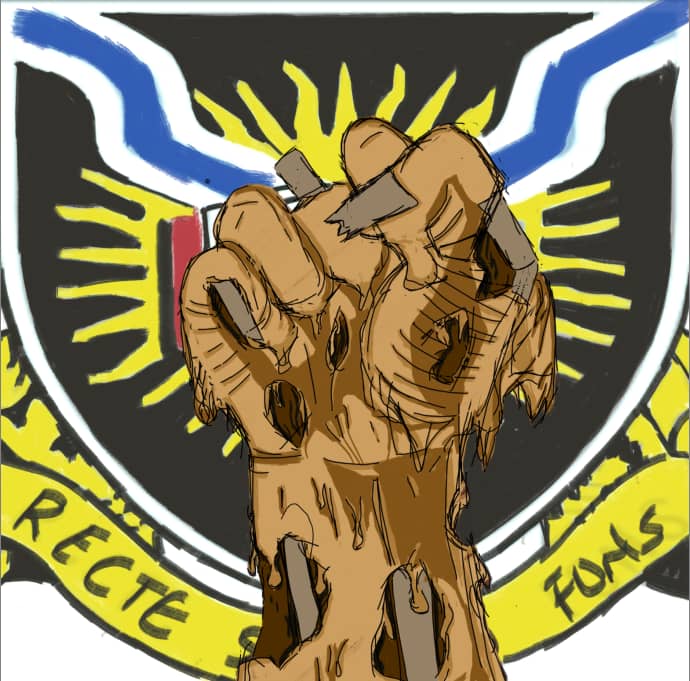
Rot, lexically, means deterioration or decay, and the sad part of its etymology is the graduality. Sad because rot is not instantaneous; it is gradual. In figurative usage, its graduality is a slight advantage as it offers you the opportunity to set things straight, make things right. Failure to do that renders one toothless. That toothlessness has come to define the state of unionism in the University of Ibadan and the ill response from all parties has attracted characteristics directly contradictory to the tenets upheld by the vanguards of student unionism from time immemorial. But as is the will of ours whose work it is to write, we must tirelessly bring to our attention this rot, that we may brazenly seize the opportunity to set things straight lest we rebel against our history and jeopardize our futures.
If taking us back reminds us of what should be, then it is pertinent that we do so. What we know as students unionism today started in 1925 with the emergence of the West African Students’ Union (WASU) pioneered by Nigerian students in London and presided by the late Ladipo Solanke. The establishment of the Premier University College in Ibadan twenty-three years later led to the spread of unionism in institutions on home soil. Actionable plans birthed the National Union of Nigerian Students (NUNS) in 1956 presided by the late Ambassador Emmanuel Obe. Unionism, as practiced by these pioneers, was characterised by debates, active and passive resistance to injustice and oppressive motives, and diplomatic manoeuvres – when necessary. Active resistance, which has morphed into figments of imagination in today’s unionism, was palpable in the 50s and 60s, even at secondary education level. In 1944, the students of King’s College, Lagos, staged a demonstration against the then British government’s directive for them to vacate their dormitories. A year after independence, students protested the Nigerian government’s decision to enter into the Anglo-Nigerian Defense Pact with the British government. These students protested decisions made at the national level and 64 years later, we are defenseless against the oppressive tendencies of university authorities. How shameful! For a generation that inherited a unionism that exemplified brazenness on all fronts, what we have now is an embarrassing cacophony. Dissonance, dissent, violence, toothlessness, and its other variations are the new orders of the day. With the seeming unaccountability, one begins to wonder how long before we circle back to being actual vanguards who speak without an iota of timidity and discordance.
Loss of Autonomy
NUNS projected the voice of Nigerian students up until 1978 under the military rule of Olusegun Obasanjo after he condemned and banned the union as a result of their increasing resistance against hike in tuition, accommodation fees, etc. Nevertheless, this ban did not deter the students as they regrouped under National Association of Nigerian Students (NANS). The change of name, however, didn’t fizzle out the government’s ostracism, and these students still continued to operate undercover. That union of students went toe-to-toe with the national government over their displeasures and were unfazed in operations. 47 years later, the University of Ibadan’s unionism doesn’t exist without the interference of the university’s authorities, both constitutionally and otherwise. For the former, the UCJ, on the 3rd of February, 2025, published an editorial highlighting the existing electoral sham we must dismantle. That article stated how the Student Union’s constitution renders the establishment of an electoral committee a mere charade. For specificity, Article 4 under Section 27 of the Students’ Union constitution mandates that “the Chairman shall be the Deputy Registrar (Students) and shall be the Overseer and Returning Officer for the elections.” This is an astronomical level of interference if a university staff is overseeing the very process that involves the election of leaders to rule our union. It robs the student community of the autonomy they rightfully deserve to effectively function. It is however not surprising that such interference led to the disqualification of Nice Linus, a 300-level Law student, from serving in the recently constituted Students’ Representative Council due to a pending disciplinary case. The disciplinary case referred to being that she, and a few others, were bold enough to protest fee hike at the inauguration of the erstwhile SU President, Bolaji Aweda, and other elected members of the Union on the 13th of May, 2024.
Unconstitutionally, it has become customary of the recent student union presidents and their executive councils to inform and seek the approval of the Dean of Students’ Affairs (DSA) on the call for congress. That the highest decision making organ in the union would need the approval of the DSA is ridiculous because it subjects the existence of a congress to the approval of a university staff, who would be inquisitive enough to ask why the congress is holding and act in the best interests of the university to approve or disapprove. If anything, that is indicative of a union whose identity is not so dissimilar to a toothless bulldog. And in light of this, we must call out the propensity of the university authority to interfere to the extent that they order union executives around, creating a reality dissimilar to what we have come to expect historically. They have experienced struggles with ASUU and students have joined to fight the common struggle that affects them as much. Even recently, medical students were at the forefront of demonstrations for the restoration of power to UCH and the CONMESS salary structure. If we amplify the cries of the hands that mould us, why are we then shunned by these same hands when we fight for our rights? This is parasitism and self-centeredness at its peak. If not still clear enough, extreme situations from a disapproval of congress implies the ‘arrests’ of rebels who would later face a panel for ‘gross misconduct’.
Reverberations of Dissent
In cases where this approval is not the threat to congress, the unilateral decision of the executive council is one. It is from these happenings that we experience echoes and reverberations of dissent when a congress is due. Judging from the issues needed to be addressed, the first congress for the 2024/2025 academic session was slated to hold on the 17th of May, 2025. But up until two days before, there was no official notice of this congress from the executive arm of the union, a situation as disturbing as it can get. Honorable members of the SRC, in pursuit of reasons the notice has not been sent out yet, approached the union’s PRO and Gen Sec. This dialogue – that the union’s president later became a part of – escalated into an altercation prompting the president, on behalf of the executive council, to release a statement indefinitely postponing the congress on account of his executives being harassed. This unilateral decision by Covenant Odedele is the second since his predecessor, Bolaji Aweda, postponed a congress on the basis of him not being around, knowing fully well the constitutional provisions of a congress. It is a dangerous precedent to unilaterally postpone a congress that has been approved by the SRC without achieving unanimity. That precedent is an ingredient in this alarming rot, and another ingredient is the dissent before and after.
Both accounts – from the union’s executive arm and the honorable members involved – of the Thursday incident are dissimilar in a number of ways. The only point of confluence is the existence of a dialogue that resulted in an altercation of which both parties claimed to be the victim and the other to be the aggressor. That a dialogue would result in altercation is a shame to the intellectualism we so much uphold in the first and best. Walking out on fellow officers and obstructions – in response to the former – should not be resorted to if there are disagreements. As a student body, we cannot have principals involve themselves in altercations to resolve matters; it doesn’t bode well for the integrity of the union. And critically, disputes of this sort resulting in statements released for the purposes of address and clarifications, make us lose focus on the congress itself that is the most important of all. That, in its inherent meaning, already opposes the core of unionism and if we don’t redress, we are in for a colossal jeopardy. Even as much as the principal officers try to contain the incident, the echoes of dissent from Aweda’s administration have morphed into the reverberation we have now in Odedele’s.
Indifference of Student Leaders and Absence of Quorum
The seek of approval from the DSA before holding a congress is the more widespread knowledge; the covert second is reports of the Union being closely monitored by the Department of States Services (DSS). The unionism that was once terrifying to an incumbent Military Head of State in the 70s has been reduced to one that seeks approval from external bodies to hold a congress within the university walls. This rot is at the point where we are selling our control to the very people whose directives we should be resistive towards if we want our voices to be heard. The resulting dissent from these excuses led to an emergency meeting between the executive council and SRC on the night of the 16th of May. The resolution was that the congress should be held as earlier announced on the morning of 17th and that is where the attitude of the student community at large should be criticised.
On the morning of the congress, UIMSA Press reported that at about 90 minutes past schedule, the congress was yet to commence. In the news story, as of the press time, only 125 attendees were present and a minimum of 500 were required to form a quorum which validates a resolution at the end of the congress. The indifference of the student community is another ingredient in this alarming rot in our unionism. First, the Student Union executive council could not send a formal notice early enough. Second, the student leaders could not mobilize their subjects to the SUB Foyer in time for this congress, and for a university with over 33,000 students, who are at the center of the issues to be addressed, failure to form a quorum of 500 participants is shambolic. There’s a huge problem in our faces, and we don’t seem to be agitating enough. Correspondents from UCH confirmed the aloofness of students in her college of medicine. People were seen playing volleyball when they should be on their way to UI for this congress. ABH was represented by a paltry few at the SUB Foyer and those present were in the capacity of the Press and SRC for the most part. It is saddening that these same students have been at the receiving end of a stunted academic calendar as a result of incessant strikes, and are slap-bang in the middle of an accommodation crisis in Alexander Brown Hall. It appears as though we are both disgruntled and convenient with the current state of living and learning. That is as paradoxical as it is unexplainable. Again, this leans into the state of politicking in UIMSA and her sister associations – from top to bottom – where political apathy, most especially at the level of activism, is alarming.
Aversion of Rot
Students from the early years of unionism had distinct characteristics that helped them maintain resistance against oppressive tendencies for many years. This resistance, even moreso shown by students of the University of Ibadan in 1971, led to the immortalization of our very own Kunle Adepeju. The vanguards could have been violent in certain historical incidents but they were also deeply intelligent, articulate, and dogged in their stance. Even while we characterize ourselves as individuals with a high level of intellectualism, it doesn’t translate in our convictions and understanding of unionism. Doggedness has remained a figment of our imagination for as long as possible and the absence of these traits keeps the rot deep in our affairs. Just in 2017, the then vice chancellor, Professor Abel Idowu Olayinka suspended the Union’s activities, following a protest against the non-issuance of ID cards. And ever since her reinstallment in 2019, the University of Ibadan Students’ Union has been a shadow of herself, limply acquiescing to the will of the management. The past three administrations have been unable to fight against even the most pressing issues – fee hikes and student victimisation. It calls into question our very ethos, as the aluta we know slips away, giving way to a union that serves the school, but not the students.
To achieve a redefined unionism, we must take out the rot from the roots. Unnecessary and, most importantly, unconstitutional interference should never be condoned. The activities and decisions of the union on critical matters should not be at the mercy of the university authorities, talkless of external bodies like the DSS or the Police. Yes, the state securities have been called on to protect protesting students in the past but if we clamour for this justice under the watchful supervision of our oppressors, then who are we really fooling? The danger of persistent fee hikes is far too debilitating an ill to bear for our silence to be bought by fear. The union, at large, should be aware of the power it wields in forming a congress and must act by cutting the wings of principal officers who make unilateral decisions against the agreement of the majority. Whenever a congress is called, we must act with alacrity by converging at the designated point to fulfill the quorum and address pressing issues. If a group of students could demand a congress following the mass action on the night of July 16, 2024, when UI students marched out to protest against fee hikes and other demands, then we can do better in the mornings that a congress is expected to hold. If our actions and inactions allow this rot to persist, then we have not only rebelled against the doggedness of our founding fathers, we have failed ourselves and the ones coming after us. And the graduality that characterises rot will culminate in a fate similar to that of the boiling frog.

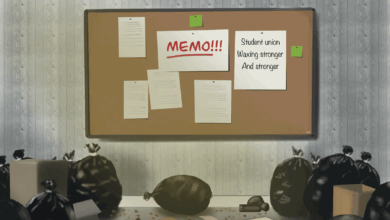
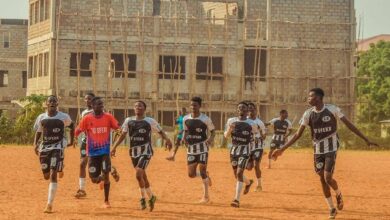
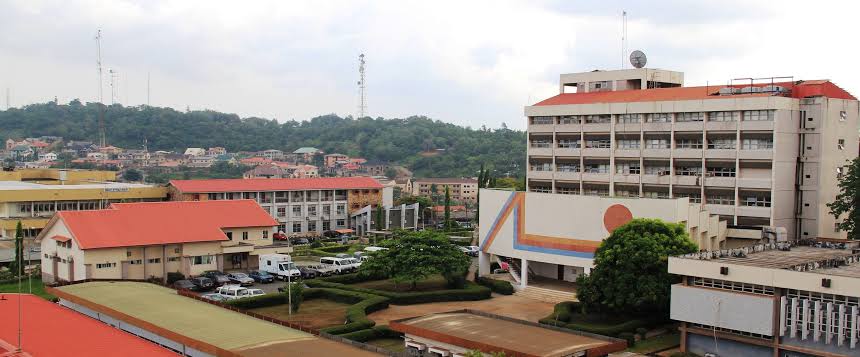
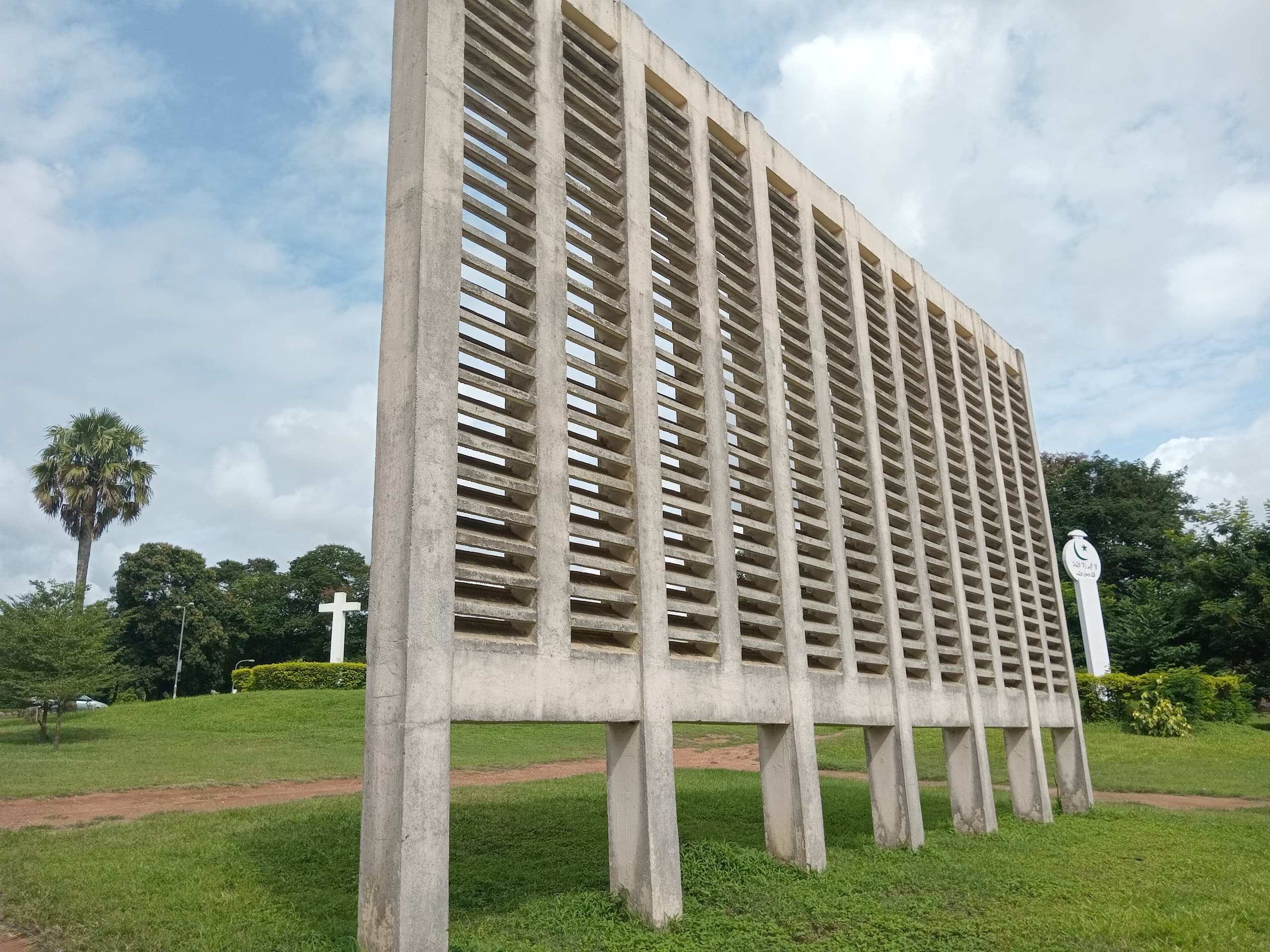
This echoes my thoughts of not only the state of student unionism but student leadership in general in the University of Ibadan. From the SU executives to the SRC down to the leadership of our faculties and departments. There’s a severe decline in the standards of those we elect to lead, and it is a mirror of the society we belong to. Where a nation of 200 million strong is being violently suppressed by barely 0.0003% of it’s populace.
This is a beautiful piece though, the best I’ve read in a long while 🤎